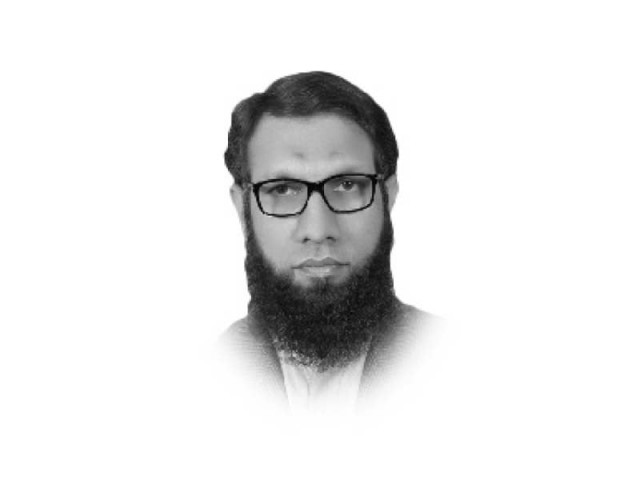The Quranic ethics for defending truth
This dynamics echoes the classical problem known as motivated reasoning

In today's world, defending the truth has become an increasingly exhausting and often futile endeavour. The problem is that truth is no longer universally accepted as a shared reality. In many quarters, it has become a tribal marker, a symbol of identity rather than a principle of inquiry. When a person's worldview is threatened, they may resist facts not because the facts are unclear, but because the facts unsettle their sense of self, community or power. In such a climate, defending truth is less about evidence and more about navigating psychological, social and moral resistance.
This dynamics echoes the classical problem known as motivated reasoning: people accept information that confirms their beliefs and reject what challenges them. It is a human trait but in the digital age of endless information and echo chambers, it becomes amplified. The consequence is an infinite deflection loop, where no amount of evidence suffices because each piece of proof is met with a new demand or dismissal. Philosophers like Harry Frankfurt have described this as bullshit — communication untethered from a concern for truth.
Faced with this, the question arises: is defending truth worth the effort? Here, the Qur'an offers timeless wisdom that remains urgently relevant. It does not ask believers to engage every opponent with forceful rebuttal or arrogance. Rather, it prescribes a mode of witnessing truth with dignity and wisdom. As the Qur'an states, "Invite to the way of your Lord with wisdom and beautiful preaching, and argue with them in a way that is best" (16:125). This injunction recognises that truth flourishes best not when it is wielded as a weapon but when it is offered gently and respectfully.
Moreover, the Qur'an acknowledges the limitations of human effort in guidance. "Indeed, you cannot guide whom you love, but Allah guides whom He wills" (28:56). This reminder frees the truth-teller from the burden of forcing change on others and instead encourages patience and humility.
When confronted with arrogance or ignorance that persists despite evidence and reason, the Qur'an counsels restraint: "And the servants of the Most Merciful are those who walk upon the earth humbly, and when the ignorant address them harshly, they say: 'Peace'" (25:63). This powerful verse does not call for surrender but for a dignified transcendence - a refusal to descend into conflict and a choice to preserve one's own peace and integrity.
This ethic has profound implications for today's hyper-polarised, often toxic public discourse. The temptation to meet hostility with hostility, or ignorance with condescension, is strong but self-defeating. Instead, the Qur'anic model asks us to plant seeds of truth through respectful dialogue, to withdraw gracefully when resistance hardens into rejection, and to trust that truth will reveal itself in time.
Indeed, not every conversation will end in consensus or enlightenment. Some will hold fast to illusions or defensive worldviews until they can no longer do so. But this is not a failure of truth itself, only of its reception. The believer's task is to embody and witness truth faithfully, without becoming embittered or aggressive.
In a world where epistemic chaos reigns and trust in institutions and facts is eroding, this approach is not merely idealistic — it is necessary. Truth does not need to shout or dominate; it only needs steadfast witnesses who remain polite, positive and patient.
To be a defender of truth today means accepting that your role is often to illuminate rather than to convince, to invite rather than to coerce, and to say "peace" when the conversation ceases to be productive. It means embodying the wisdom that the Qur'an extols — a wisdom that values the method of truth-telling as much as the message itself.
Ultimately, defending truth is a moral struggle, not just an intellectual one. It demands courage to stand by what is right even when it is rejected; humility to accept that guidance is not fully in our hands; and grace to disengage when engagement becomes futile. This triad — courage, humility and grace — is the legacy of the Qur'anic witness and a beacon for those who seek clarity in an age of confusion.
















COMMENTS
Comments are moderated and generally will be posted if they are on-topic and not abusive.
For more information, please see our Comments FAQ